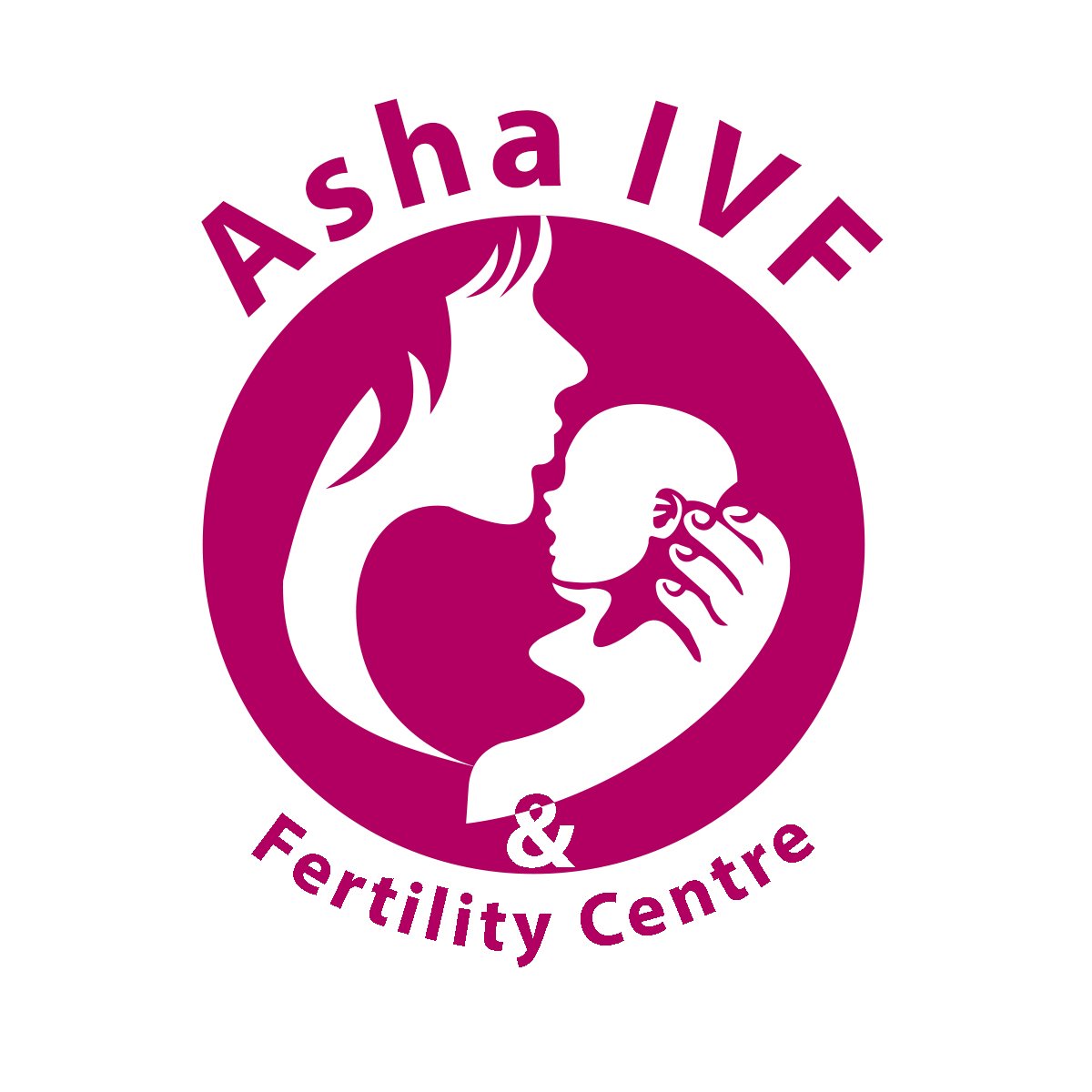In vitro fertilization (IVF) is a complex and emotional journey for many couples trying to conceive. Success rates vary, but with the right preparation and understanding, the chances of success on the first attempt can be improved. Here is a detailed guide on how to make IVF successful the first time.
Understanding IVF
IVF is a process in which an egg is combined with sperm outside the body in a laboratory dish to form an embryo. The embryo is then transferred to the woman’s uterus, which hopefully implants and develops into a pregnancy.
Aging, stress, drug, smoking, and poor lifestyle are the main factors for infertility. For these reasons, the couple has to face many problems in conceiving. After trying for many years, the couple is resorting to IVF. But in most cases, the success of IVF is 30 to 40 percent. It’s important to understand that many factors can increase the success of this procedure.
So in this blog let’s know what to do to increase the chances of IVF success.
The success rate of IVF treatment is different in every couple. You’ll need to pay the same amount of attention to make sure everything goes the right way. Just like you have to put good things in the food, pay attention to your health and whatever your doctor tells you, you should do everything in the same way. You need to include the following things in your daily routine:
- First of all, whatever changes you have to make, you should start it almost 2 months ago.
- You have to stop eating fast food and fried food. Eat as many green vegetables and fruits as you can.
- Start to take folic acid, vitamins and other minerals substitutes.
- Whatever you eat, it should all be homemade.
- Keep your weight balanced, if your weight has increased then you will have to reduce it through yoga or exercise.
- You should not take alcohol, cigarettes, or any kind of harmful substance.
- Stay positive. Don’t take any kind of stress. Read good books and listen music.
- Take more quantity of water.
- Minimum 7 to 8 hours of sleep is essential.
During the IVF Process
Once you start the IVF process, there are several steps to follow:
Ovarian Stimulation
Ovarian stimulation involves using medications to stimulate the ovaries to produce multiple eggs. Follow your doctor’s instructions carefully and attend all monitoring appointments to track your progress.
Egg Retrieval
Egg retrieval is a minor surgical procedure performed under sedation. The eggs are collected from the ovaries using a thin needle. Follow post-procedure care instructions to ensure a smooth recovery.
Fertilization
In the lab, the eggs are fertilized with sperm to form embryos. The embryos are monitored for several days to determine their quality.
Embryo Transfer
The best-quality embryo(s) are selected for transfer, which is a simple procedure that does not require anesthesia. After the transfer, rest and follow your doctor’s advice.
Post-Transfer Care
After the transfer, take it easy and avoid strenuous activities. Follow a healthy diet, stay hydrated, and manage stress. Your doctor may recommend medications to support the implantation process.
After the Transfer
The two-week wait after the embryo transfer can be challenging. During this time, it’s essential to:
Stay Positive
Maintain a positive outlook and keep yourself occupied with activities you enjoy.
Follow Doctor’s Orders
Adhere to any medications and instructions provided by your doctor. Attend follow-up appointments as scheduled.
Watch for Symptoms
Be aware of early pregnancy symptoms, but remember that not experiencing symptoms does not necessarily mean the cycle was unsuccessful.
Before egg removal and embryo implantation
- Take all the medicines you were given at the right time before the egg was removed.
- You need to rest when the egg is released.
- Don’t do any strenuous exercises.
- On the day of embryo transfer, take a light breakfast and you have to take rest for at least 2 to 3 days after embryo transfer.
What to do after IVF?
Doctors suggest after successful implantation, there is no need to take complete bed rest and you can do small tasks without any problems. Your doctor will take a pregnancy test after 2 weeks, to see your hormone levels, which are checked by a blood test.
Choose the best IVF center to increase the chances of IVF success.
Asha Fertility clinic has its genetic lab, where IVF combined with pre-implantation genetic screening and preimplantation genetic diagnosis can increase IVF success by 40 to 70 percent. Dr. Astha Chakrawarty is a doctor from a very well-known Best Infertility Clinic in Faridabad whose treatment and experience have helped many couples to become parents.

